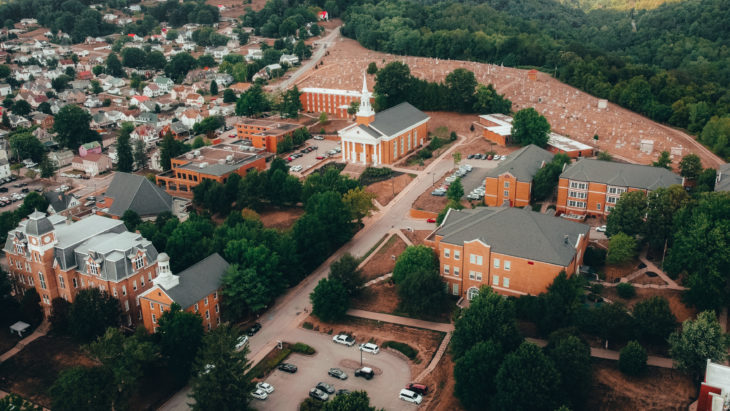 Ben Champ
Ben Champ  Brady's Roadhouse
Brady's RoadhouseIn a world increasingly fraught with bitterness, reviling, hurt and misunderstanding, how does one inch towards, let alone achieve, restoration?
Words and deeds pierce with the fervency and impact of bullets. I know you can recall with ease a harrowing experience that left you breathless or with a lump in your heart and throat so acute that you blinked rapidly waiting for the pain to pass.
Or, maybe your experience was more subtle. The words didn’t sear, but they chipped and whittled you down into a mirage of yourself.
What images do you keep contending with?
These encounters come with a visceral reaction too. Humans are wildly adaptive creations. Maybe you built a wall? We know those bullets can’t penetrate a vest, but gradually, almost insatiably, our vests become a triple-walled barricade to the beauty of intimacy and connection. I have seen it, felt it, perpetuated it too.
I don’t think you’re alone if the word reconciliation hints at an ideal more than a possibility, let alone a choice that can be reality routinely at our fingertips. It is discouraging to come face-to- face with our instincts when we sense a losing battle. But, as the story with humans often goes, our definitions need a facelift.
We dupe ourselves into believing love can be synonymous with self-protection, but I’ve found that the abiding, unflinching obstacle to reconciliation in relationships is self-preservation.
Security is our worst enemy. Strong language is necessary to convey what I mean here, so put on your seatbelts: the pursuit of comfort is masochism.
If masochism is the enjoyment of something painful, how is comfort a part of the equation? I’m glad you asked: It is not good for man to be alone. In our society, where individualism is king, and we are our own priorities, relationships suffer severely.
I get it. I’ve been intensely abused. There is a crucial difference between boundaries and walls. As we grow and develop we learn to discern where to funnel our finite emotional resources. Yet, that doesn’t mean we never use them on the person who needs more patience or to rephrase: the person who will help us become better.
When we have made the avoidance of hardship and promotion of our own comfort and security our driving motivation, it may feel good, but we are dying. We become like photographs distorted by the sun: dull, unsaturated imitations. Comfort can be a blessing, but when we bloat it to excess we forget our purpose. For me, that purpose is to be known by my love.
Love takes off the mask. Love builds up, it does not build walls. At the end of it all, our words are our witness, our actions our testimony, we must bid both to love.
Love is not some abstract belief that unity will save us. Reconciliation stems from an agreement with our inherent worth and value. That we are humans of profound dignity and complexity who necessitate belonging, honesty and joy. When we are devalued it becomes wildly difficult to embrace ourselves and what we have to offer to the world. Not being given the chance to restore a relationship marred by a mistake is valuing our neighbor less than our comfort. It is hurting us.
I’ll wrap this up with another lesson I hold close to my chest: One of the greatest spiritual virtues is to affirm. People are not problems to be solved, theories to be explained or props to be used. We may never create a world where it is possible to always be protected, but in the treacherous and beautiful day-to-day, we have each other. We have to keep restoring that.
